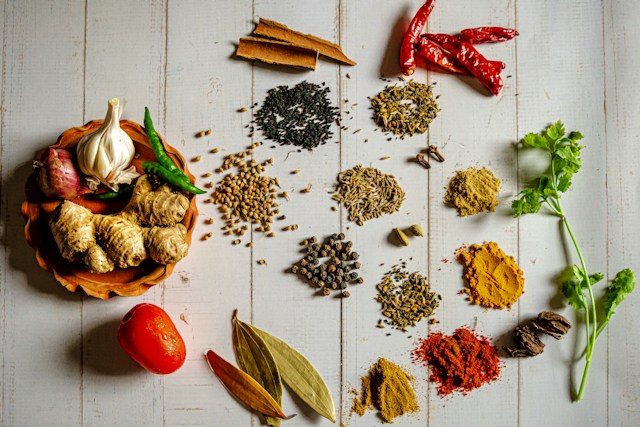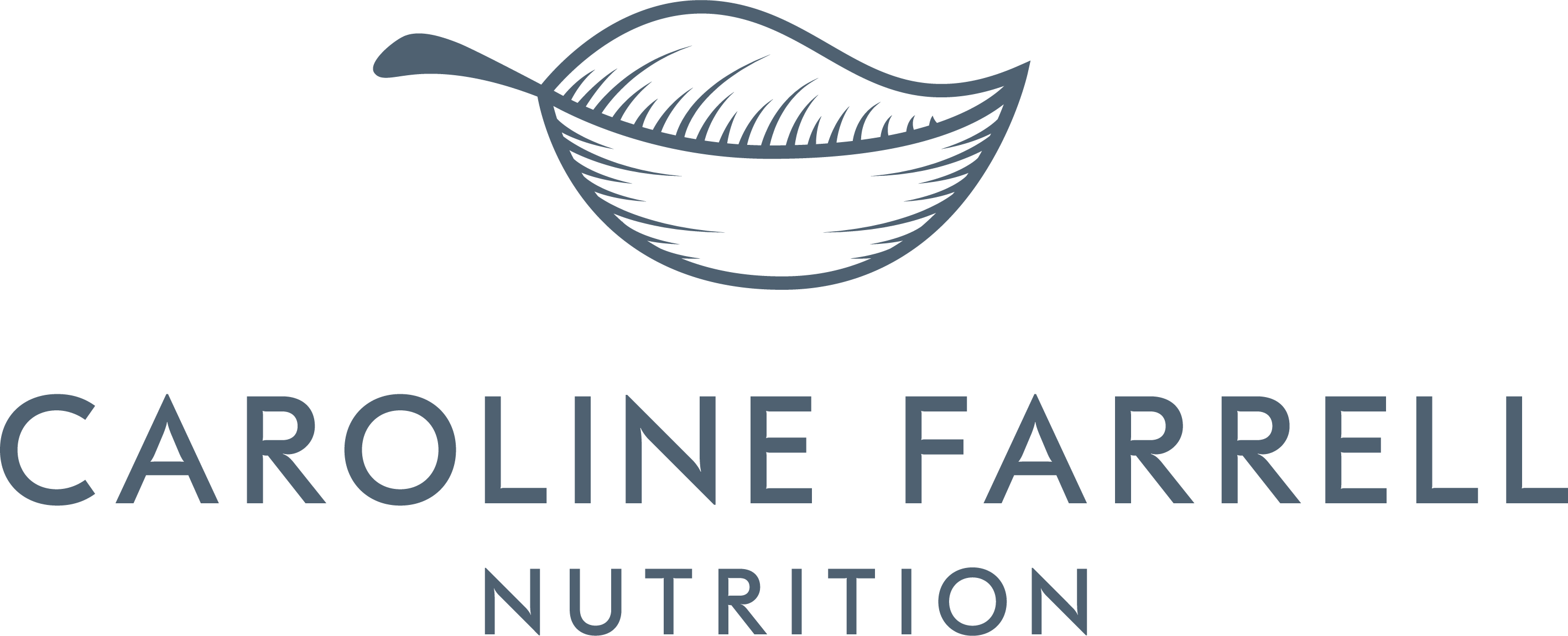About Plant-based Diets
Plant-based diets are becoming more and more popular for environmental and health reasons. A plant-based diet is one which consists either mostly or entirely of plant-based foods. There are various types of plant-based diets such as:- Vegan: avoid all animal products.
- Lacto-vegetarian: avoid meat, fish and eggs but eat dairy.⠀⠀⠀⠀⠀⠀⠀
- Lacto-ovo vegetarian: avoid meat and fish but eat eggs and dairy.
- Pescatarian: avoid meat but eat fish, dairy and eggs.
- Flexitarian: eat animal products occasionally.⠀
Nutrients to Consider
However, if you are new to a plant-based diet you may need to plan carefully to compensate for nutrients which tend to be higher in animal foods. These include:
Protein
Essential for growth and repair. It’s very easy for a plant-based diet to meet your requirements for protein. Sources include soya-based drinks and yoghurts, soya beans, tofu, tempeh, beans, peas, lentils, grains, nuts and seeds. However, most plant-proteins are not “complete” (except quinoa, soya, chia and hemp). This means they don’t contain all the nine essential amino acids the body needs to function. Therefore, it’s important to eat a range of plant-based proteins.
Vitamin B12
Essential for energy, DNA formation and the nervous system. This nutrient is made by microorganisms, and therefore isn’t produced by plants. To ensure sufficient intake you need to consume fortified foods or supplements. Fortified foods include some plant-based milks and yogurts, yeast spreads and nutritional yeast. However, the levels of Vitamin B12 in fortified foods can vary so supplementation may be necessary.Iron
Needed for haemoglobin production, the immune system and growth. Iron-rich foods include beans, pulses, tofu, nuts and dried fruit. Include vitamin C-rich fruit and vegetables with meals to enhance iron absorption and avoid drinking tea or coffee with meals as this can reduce it. Compounds that are naturally found in plants called phytates can bind to minerals like iron and zinc and reduce their absorption. However, you can reduce the phytate content of foods using methods such as soaking, rinsing, fermenting and sprouting.Omega 3
A fatty-acid that is essential for the immune system, heart, eye and brain health. The active form of Omega 3 (EPA and DHA) is found in oily fish. However, another form (ALA) can be found in plant sources such as chia seeds, ground flaxseeds, hemp seeds and walnuts. Aim for one tablespoon of chia seeds or ground flaxseeds, two tablespoons of hemp seeds or six walnut halves daily. As only a small amount of ALA is converted to the active form you may also wish to consider supplementation with a vegan omega-3 supplement which is derived from microalgae.Iodine
A mineral which is essential for thyroid health and also brain development of a foetus. There is no reliable food source in a vegan diet. Kelp (a type of seaweed) is not recommended, particularly when pregnant, because levels of iodine can be too high. Also, seaweed can be contaminated. Supplementation is often necessary.Calcium
Building blocks of bones. Good sources include fortified plant-based milks, calcium-set tofu, tahini, dried figs, chia seeds and almonds. Green leafy vegetables contain calcium, but they also contain compounds called oxalates that bind to calcium and reduce it’s absorption. Spinach is high in oxalates. However, kale, bok choy and okra contain lower levels. Boiling green vegetables can also lower their levels of oxalate.Selenium
A mineral which plays a key role in immunity and thyroid health. While it is mostly found in animal foods, brazil nuts are rich in selenium, and eating a couple of them each day should ensure you meet your daily target.Zinc
A mineral which is needed for immunity, repair and fertility. Good sources include tempeh, beans, nuts and seeds.Vitamin D
A vitamin which is acts like a hormone in the body and is essential for bone health, muscle formation and immunity. Most people in the UK should consider supplementation. Consult a Nutritionist to determine the best dosage for you.Related Posts

Chocolate Chickpea Balls
These were a big hit by everyone in our home. They require no cooking and are vegan, dairy and gluten free.


Foods that May Reduce Cancer Risk
Foods that have been shown to reduce our risk of cancer.

